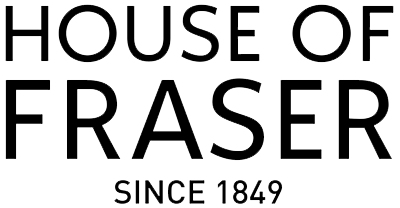If retailers really expect a deal on rent and rates, they will have to better explain their stores business model.
Basing the financial deal between landlords and tenants on an Act passed in 1954 is a nonsense as more and more retail shifts on line, and a growing number of retailers are calling for change, not least those that have refused to pay their whole rent bill during lockdowns.
The Government is undertaking a fundamental review of the current system, but it will take 18 months or possibly longer for them to come out with recommendations that anyway are certain to be inadequate, and barely reflect the market conditions that apply at the time.
In a lobby-off between landlords and retailers, my money is on the landlords. That’s no disrespect to the role played by the British Retail Consortium in trying to get leases sorted out, it’s just that commercial property values affect everyone through their pension schemes where retail continues to be undervalued by both the Treasury and wider society. And that’s without taking the Government’s own part in the current business model, which is around £30bn a year in business rates, as the BBC pointed out this morning.
Great retailers but no friends
So landlords aren’t for it, Government isn’t for it and local authorities, which are hugely dependent on business rates aren’t for it, in fact they have been the worst culprit in their unwillingness to negotiate with retailers during the pandemic.
If rents and rates were to be reset based on a share of actual revenue through stores, could the shortfall be made up by taxing on line retailers and upping rates on warehouses? No; the proposed on line tax of 2% adds up to £1.6bn based on on line being worth £80bn of total retail sales of around £400bn. Add a tax on warehouses that might net a further billion tops, and we are still way off making a hole in £30bn, although supermarkets should account some of the shortfall.
Next’s Lord Wolfson has taken a stand; rather than playing the victim as so much of retail has, he has suggested a more even playing field where on line retailers are prevented from avoiding corporation tax and also offshoring their profits.
New models needed
This is a great start, but it has to be followed by a more nuanced model for valuing stores. Revenue share between landlords and retailers is one thing but if the revenue is not there, everyone suffers.
Another suggestion is that the store’s contribution to revenue is more accurately valued. A flagship store can be regarded as a media outlet and therefore brands should pay as they do to advertise through other channels. In addition, that the store’s contribution to a sale made across multiple channels is recognised, a tactic that may play more into the hands of the landlord than the retailer, but which will at least make it easier for them to build stores that are more relevant to the way we shop now.
These are all conversations right now. The danger is, after lockdown, that the store gradually returns to what it was in March 2020, and retailers and landlords compromise on rents but don’t make any major changes.



















